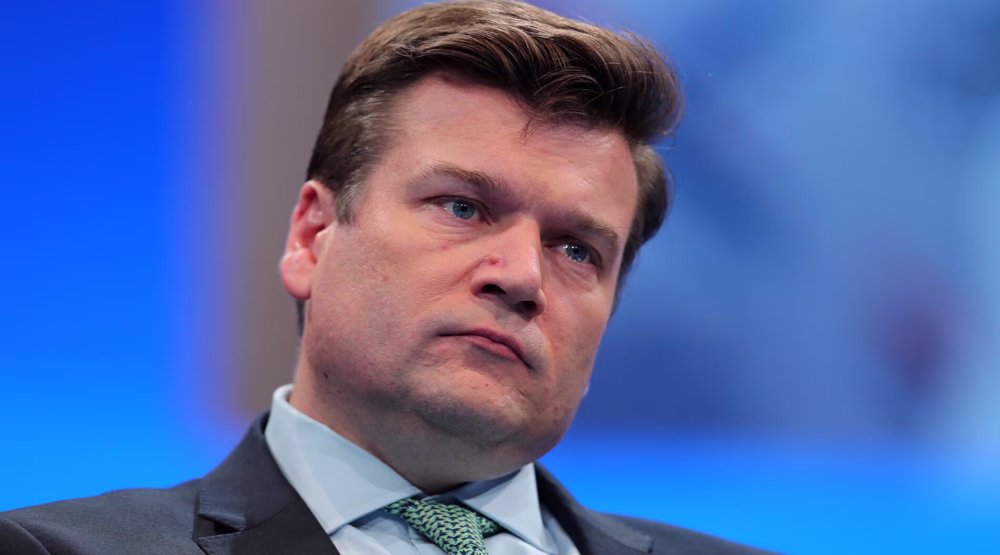Advanced military camouflage techniques could violate international laws
A senior British military legal expert has warned that “invisibility cloaks” and other likely technological breakthrough in military camouflage techniques may violate the international laws regulating armed conflict.
Technological advancements already used on stealth bombers can potentially breach compliance with the Geneva Conventions if military hardware or weapons held by troops are camouflaged, said the former air commodore and the deputy chief of the British Royal Air Force (RAF) legal services, Bill Boothby, in report published by The Guardian on Monday.
According to the report, scientists and military contractors are investing tens of millions of dollars on research to develop technologies to generate effective invisibility through sophisticated “metamaterials” – substances devised to absorb or bend light and radar waves in a bid to disguise approaching warplane or troops.
The report further states that the US Defense Advanced Research Projects Agency (DARPA) has been among the key funders of metamaterial science. The US army revealed plans last year to test prototype metamaterial uniforms.
The technology, however, is not totally innovative since the US Air Force first deployed B2 stealth bombers in the late 1980s to take part in aerial strikes on Kosovo, Afghanistan and Iraq. Their narrow profile, radar-absorbing paint and deflectors are designed to make them nearly invisible to enemy radar.
Boothby, the report adds, points to the complexities that could be posed by future technological success in Weapons and the Law of Armed Conflict, a comprehensive survey of emerging military technologies published this month by Oxford University Press.
The publication further considers the potential consequences of military advances in the use of nanotechnology, lasers, expanding bullets, “human enhancement technologies” and outer space weapons.
“Outer space is of critical importance for numerous vital functions in the modern world,” he underlines. “In the military context, these include [guidance for] anti-ballistic missile operations, long-range precision strike and ground-based mid-course missile defense missions, intelligence, and communications activities. It therefore seems likely that outer space will become a focus for future conflict.”
Gaza faces imminent famine as people starving to death: UN warns
North Korea to stand up to sanctions, bolster military power: Official
Hezbollah says 2,000 Israeli forces killed, injured in operations since Gaza war began
War of wills: Iran army chief vows crushing response to any aggression
April 24: ‘Axis of Resistance’ operations against Israeli occupation
Tabas sand defeats US military
'US secretly sent long-range ATACMS missiles to Ukraine in recent weeks'
Iran: Awakened world public opinion determined to stop Israel war crimes














 This makes it easy to access the Press TV website
This makes it easy to access the Press TV website